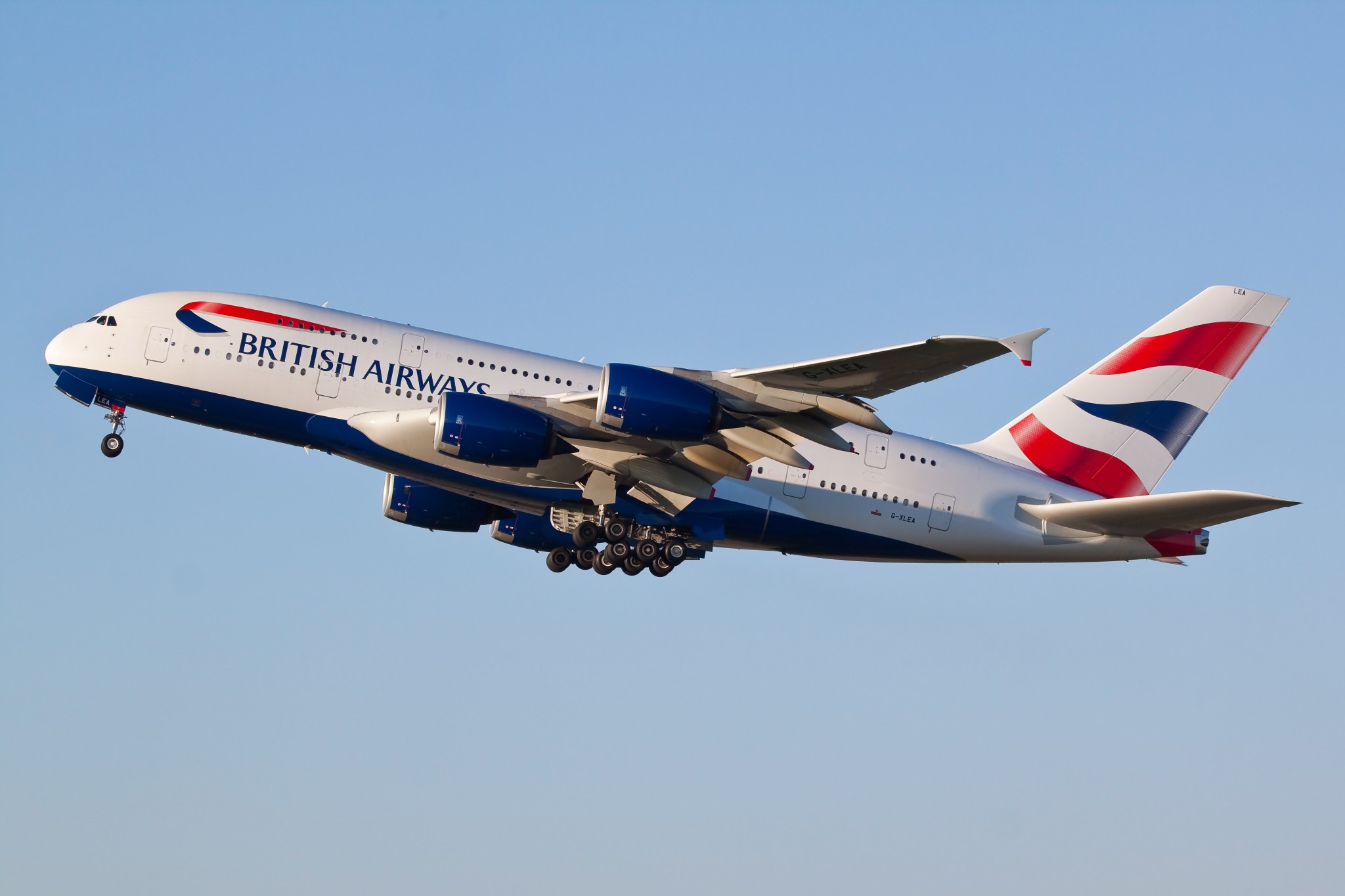British Airways (BA), owned by parent International Airlines Group (IAG), has formally notified its unions of a proposed restructuring and redundancy programme, which could result in the redundancy of 12,000 workers. BA has placed 22,626 employees on furlough in April taking advantage of the UK’s COVID-19 Job Retention Scheme, but states that since it expects the recovery from the impact of the COVID-19 pandemic on its operations to take several years, further restructuring is necessary.
In a letter to staff, Alex Cruz, BA chairman and CEO, said that the airline was taking “every possible action to conserve cash” to help the airline weather the COVID-19 storm in the short-term. He said that the airline was working with partners and suppliers to discuss repayment terms; re-negotiating contracts where possible; and considering all the options for our current and future aircraft fleet. However, he said that such measures would not be enough. He stated that there is no government bailout “standing by for BA” and that the airline cannot “expect the taxpayer to offset salaries indefinitely”, while new commercial would only be for the short-term. As a result, the airline needs to “reimagine and reshape”, says Cruz, which means a possible reduction in headcount.
“The scale of this challenge requires substantial change so we are in a competitive and resilient position, not just to address the immediate Covid-19 pandemic, but also to withstand any longer-term reductions in customer demand, economic shocks or other events that could affect us. However challenging this is, the longer we delay difficult decisions, the fewer options will be open to us,” says Cruz.
“We must act decisively now to ensure that British Airways has a strong future and continues connecting Britain with the world, and the world with Britain,” he adds.
During the first quarter IAG reported a 13% decline in total revenue to €4.6 billion compared to €5.3 billion in the prior year period. Operating result before exceptional items was a loss of €535 million compared to a profit of €135 million last year. In addition, IAG’s pre-tax profit was impacted by an exceptional charge of €1.3 billion resulting from the ineffectiveness of its fuel and foreign currency hedges for the rest of 2020 due to over-hedging.
IAG reports that the losses were heaviest in March with the “majority of the reduction in IAG’s operating result was incurred by British Airways, followed by Iberia and Aer Lingus, while Vueling experienced a modest increase in operating loss”.
Passenger capacity, measured in available seat kilometres, declined by 10.5% in the quarter, while passenger traffic, measured in revenue passenger kilometres, declined by 15.2%. Load factor for the quarter declined by 4.3 points to 76.4%.
IAG has reduced passenger capacity in April and May by 94% compared to last year, only operating flights for essential travel and repatriation. The airline group states that passenger capacity from June will depend on the timing of the easing of lockdowns and travel restrictions by governments around the world.
IAG is not providing profit guidance for 2020 but expects its operating loss in the second quarter to be “significantly worse than in the first quarter, given the substantial decline in passenger capacity and traffic and despite some relief on employee costs from government job retention and wage support schemes”.
The airline group has €9.5bn in total cash and undrawn general and committed aircraft finance facilities, including €6.95bn of cash, cash equivalents and interest-bearing deposits.

